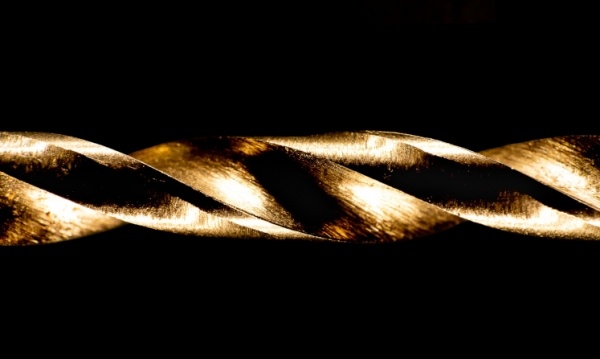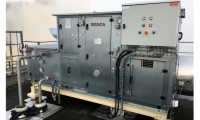Many of these alloys have a lead that is not safe to the environment and human beings leading to the creation of lead-free alloy. Metaconcept, a non-ferrous metals specialist and soldiering consumables provider, has embrace lead free alloys in her works. It also offers Zamak alloys that are used for die casting.
Types of lead alloys
- Lead Babbitt alloys
A revolution in the making of bearings has made lead free Babbitt’s a must-have. Metaconcept alloys address the health concerns that arose from using alloys containing detrimental cadmium, Lead, and antimony.
- Lead-free soldiers
Lead-free solders are important in the construction of potable water systems. Metaconcept has played a huge role in the replacement of lead with bismuth while replacing cadmium using silver.
- Zamak
it is a type of alloy whose base metal is zinc with Cooper, Aluminum, and magnesium. Zamak comes in different types. There are alloy 2, alloy 3, alloy 5, and alloy 7. They are named consequently according to their development.
- Alloy 2
It’s the most robust alloy. It has excellent casting capabilities while maintaining its Properties. It has a high Cooper level.
- Alloy 3
It’s hugely popular in America. It provides a balance of mechanical and physical traits that are good. It has superb stability and good casting properties. It’s great for finishing and plating. It’s widely considered the litmus test of alloys.
- Alloy 5
Widely popular in Europe. It has good casting qualities but not as durable as alloy 3. It has only one percent of Cooper this it’s not that strong, but it’s right where extra tensile pressure is needed.
- Alloy 7
It’s a modified alloy 3. It has lower magnesium content. It is great for thin-walled surfaces as it has improved ductility and fluidity.
All these alloys, the lead-free and Zamak ones, are available at metaconcept. Check in to get yourself a suitable alloy.





